Why a European Army Makes No Sense
The old idea of a joint military has reared its head once again.
Ever since it was first proposed in the 1950s, the idea of a European army has not gone anywhere, but it keeps rearing its ineffectual head. Now, as Europe faces the urgent need to boost its defenses against a neo-imperialist Russia seeking to reshape the continent’s post-Cold War order through war, the idea of a joint military is once again swirling around European capitals. With the European Union’s recently released defense industrial strategy and plan to appoint a European commissioner for defense, one might conclude that the idea of an EU military and defense policy could finally take off. But as in the past, this is a dead end. Joint, centralized European defense will not happen—nor should it.
Ever since it was first proposed in the 1950s, the idea of a European army has not gone anywhere, but it keeps rearing its ineffectual head. Now, as Europe faces the urgent need to boost its defenses against a neo-imperialist Russia seeking to reshape the continent’s post-Cold War order through war, the idea of a joint military is once again swirling around European capitals. With the European Union’s recently released defense industrial strategy and plan to appoint a European commissioner for defense, one might conclude that the idea of an EU military and defense policy could finally take off. But as in the past, this is a dead end. Joint, centralized European defense will not happen—nor should it.
In theory, the idea of joining forces seems attractive: A single European military would avoid costly duplication, create vast economies of scale, and eliminate bureaucratic inefficiencies. A joint military could also lead to more credible deterrence and greater effectiveness on the battlefield.
But as long as the EU consists of nation-states, the idea of a joint military is fundamentally flawed. Any such military, if it were to be created, would be commanded under the shadow of a veto by France, Germany, Hungary, or any other member state that might have a different approach to using force, a different relationship to Russia, or a different view on providing arms in a specific conflict. With the lives of thousands of their citizens at risk, it is all but unthinkable that Paris, Berlin, or Warsaw would be willing to send their soldiers under an EU flag without having an ultimate veto over this decision. Endless squabbling, bitter rancor, and other friction would be all but ensured. What good would an EU military be if you ultimately cannot use it?
Instead of holding out for the mirage of an EU army, Europe will be collectively stronger and safer if it can deploy a team of strengthened national militaries. European leaders should focus on expanding their national capabilities, with all the potential duplication and inefficiencies inherent in this approach.
Indeed, at a recent brainstorming session at the European External Action Service, participants questioned whether EU countries could trust France or Germany on existential security matters, given the two countries’ track record, not least their long history of ignoring the prescient concerns of EU states closer to Russia. At another recent discussion on European defense, military experts also argued for a bottom-up approach driven by national capitals, rather than a top-down reinvention of the wheel in Brussels. As then-European Council President Donald Tusk noted in 2018 with regard to European states’ need to help themselves, “If you need a helping hand, you will find one at the end of your arm.”
National duplication should be viewed as a fail-safe mechanism or extra insurance: If one country chooses not to participate—as Germany did during NATO’s intervention in Libya—other countries can pick up the slack. Any inefficiency in maintaining multiple national commands, in fact, provides the flexibility and security to utilize those militaries in different coalitions and configurations as needed. Thus, even if Paris does not want to provide any weapons to Ukraine or train its soldiers—as was the case at the beginning of Russia’s full-scale invasion—this should not hold back others. If the EU does not provide the funds to procure ammunition from abroad, this should not hold back the Czech Republic and other partners from doing so to aid Ukraine.
In fact, the vast bulk of European military capability is already concentrated among five countries—Germany, France, Italy, Spain, and Poland—which together account for more than 70 percent of defense spending within the EU. Whether or not these countries expand their spending, as Poland and Germany have done, is a national prerogative and will remain so. For instance, whether President Emmanuel Macron follows up his newly assertive rhetoric with additional military aid for Ukraine and more French troops on Europe’s eastern flank will continue to be the sole discretion of France—not of a European defense commissioner in Brussels. To believe otherwise is a distracting policy parlor game.
EU countries should coordinate closely not only with the United States—whose commitment to Europe could change after this year’s presidential election—but also with NATO allies Britain and Norway, who together spend about one-third of what the 27 EU members spend on defense.
To paraphrase former U.S. Defense Secretary Donald Rumsfeld: You prepare for war with the EU you have, not the one you might want or imagine. That also means using EU institutions for certain things it can actually do well—raising funds for defense procurement at a lower interest rate than many individual members, for example, as well as regulatory reform and industrial policy that boosts defense technology and innovation.
Already, fundraising by Brussels is one reason the EU and its members have collectively committed more than twice as much total aid to Ukraine as the United States—144 billion euros (about $156 billion) compared with 68.7 billion euros ($74 billion). EU-level funding includes 11.1 billion euros ($12 billion) from the European Peace Facility to finance weapons supplies to Ukraine from 2022 to 2024. EU officials, including Internal Market Commissioner Thierry Breton and European Parliament member Nathalie Loiseau, have recently floated the idea of raising an additional 100 billion euros for Ukrainian defense through EU funds—as I suggested in Foreign Policy more than a year ago. These funds should prioritize European production to help build Europe’s defense and technological industrial base. But when necessary, they should also be available to procure weapons and materiel from outside the bloc and for collaborative projects with non-EU allies.
Brussels is similarly well placed to shape EU-wide regulations to ensure greater consideration of defense and security concerns. For instance, the new EU Artificial Intelligence Act already exempts “AI systems developed or used exclusively for military purposes” from new regulatory burdens. Other aspects of Europe’s defense and technological industrial base should be fast-tracked as well. Facilitating a regulatory framework that funds and encourages defense innovation should be a core EU priority if Europe wants to have a long-term technological edge over its adversaries. Thus, the new European defense commissioner should focus on the intersection between defense industrial policy, technology policy, and economic security in order to ensure Europe’s future military strength.
Some might argue that this time is different: Given Russia’s brutal war in Ukraine and the potential of a second Trump administration that might withdraw the United States from NATO, isn’t it time for a profoundly different approach? If Europe is to be able to defend itself, wouldn’t pooling European resources be the best route to boost military capability in Europe?
To be sure, Trump’s erratic and unstable approach to making policy decisions is a risk factor Europeans must be ready for. But that does not change the limitations of a Brussels-centric approach. What’s more, Trump’s bluster on Europe may be worse than actual policy. For all his threats when he was president, Trump actually oversaw increases in U.S. troop presence and spending in Europe. As much as Berlin complained, moving U.S. troops from Germany to Poland was hardly pulling out of Europe. Trump might seek to cut off military aid to Ukraine or strike a deal with Russian President Vladimir Putin, but it is unclear whether he would act on these declarations or be able to implement them. Just look at his policies toward Syria and North Korea for a wide gap between rhetoric and reality.
Trump’s potential return to power should not be used as a pretext to resurrect old debates about a centralized EU defense policy, an idea that has roamed the halls of Brussels like an undead creature for more than half a century. This debate might grab headlines, but it is a sideshow to the real action taking place in and between individual European countries, with Brussels taking up a useful but circumscribed supporting role. Beefing up national capabilities and holding member states responsible are where the focus should be if Europe is to be an effective military power capable of providing for its own security—regardless of what happens on the battlefield in Ukraine or at the ballot box in the United States.
Bart M. J. Szewczyk is a nonresident senior fellow at the German Marshall Fund, an adjunct professor at Sciences Po, a former member of the U.S. State Department’s Policy Planning Staff, a former advisor on refugee policy to the U.S. ambassador to the United Nations, and the author of Europe’s Grand Strategy: Navigating a New World Order. Twitter: @bartszewczyk
More from Foreign Policy

Arab Countries Have Israel’s Back—for Their Own Sake
Last weekend’s security cooperation in the Middle East doesn’t indicate a new future for the region.
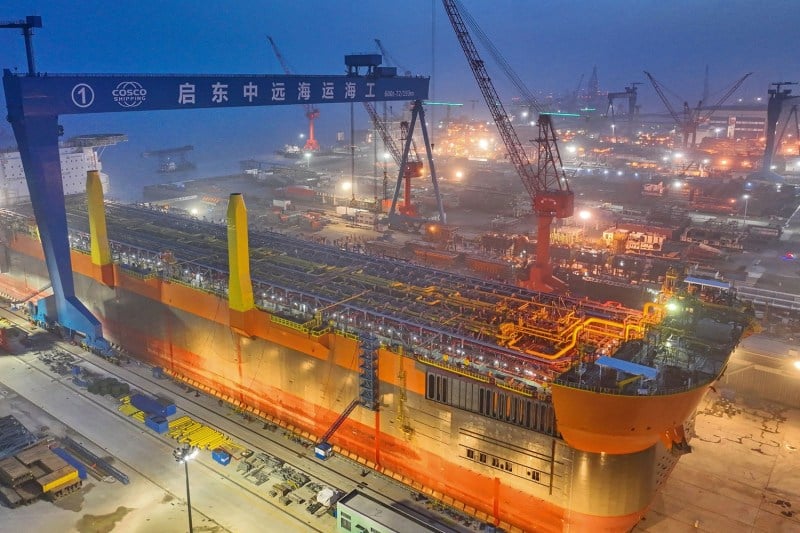
Forget About Chips—China Is Coming for Ships
Beijing’s grab for hegemony in a critical sector follows a familiar playbook.

‘The Regime’ Misunderstands Autocracy
HBO’s new miniseries displays an undeniably American nonchalance toward power.

Washington’s Failed Africa Policy Needs a Reset
Instead of trying to put out security fires, U.S. policy should focus on governance and growth.



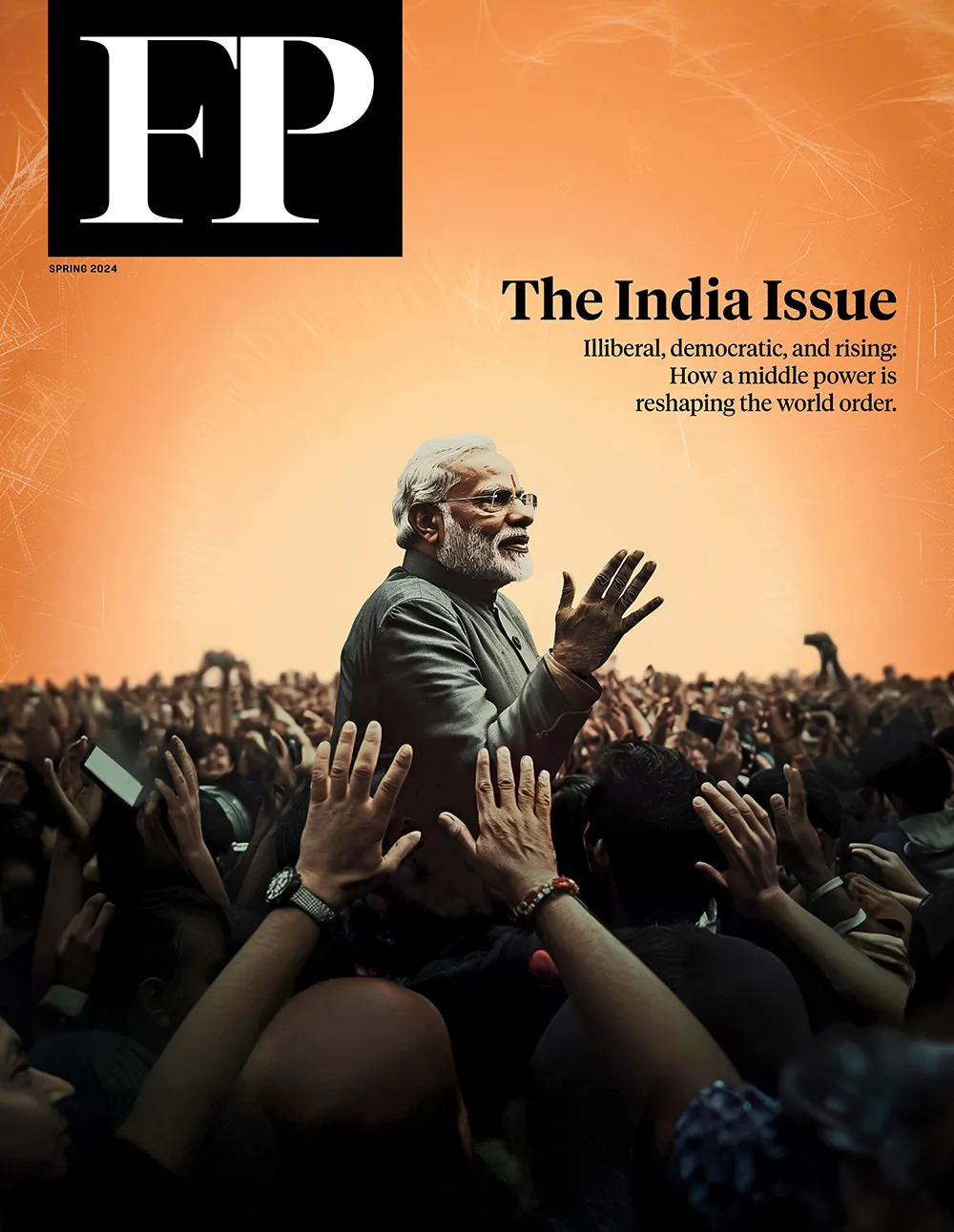
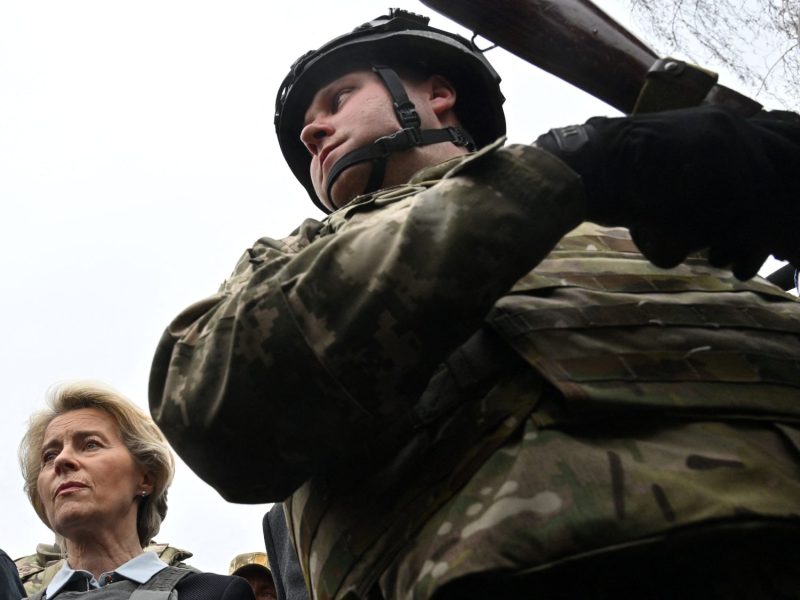
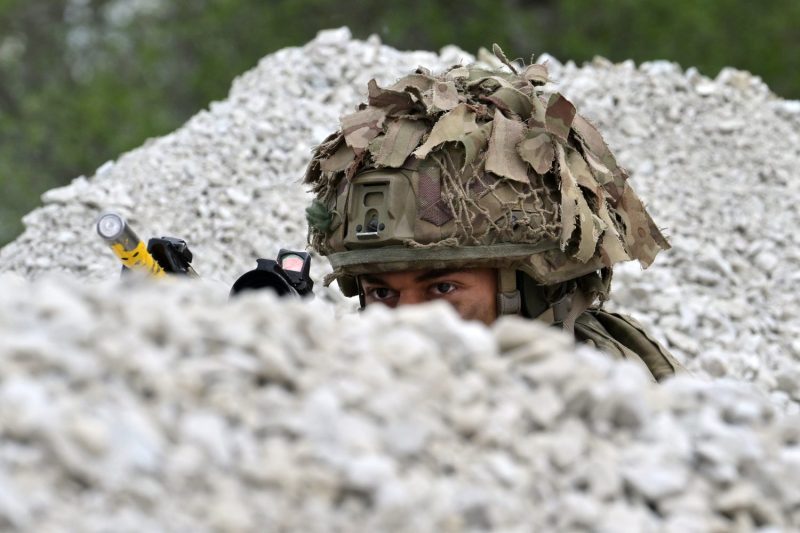
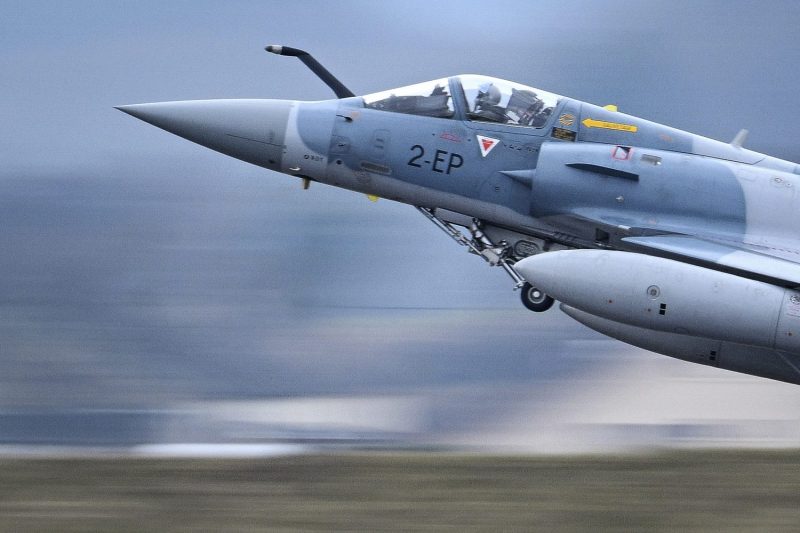

Join the Conversation
Commenting on this and other recent articles is just one benefit of a Foreign Policy subscription.
Already a subscriber? .
Subscribe Subscribe
View Comments
Join the Conversation
Join the conversation on this and other recent Foreign Policy articles when you subscribe now.
Subscribe Subscribe
Not your account?
View Comments
Join the Conversation
Please follow our comment guidelines, stay on topic, and be civil, courteous, and respectful of others’ beliefs.